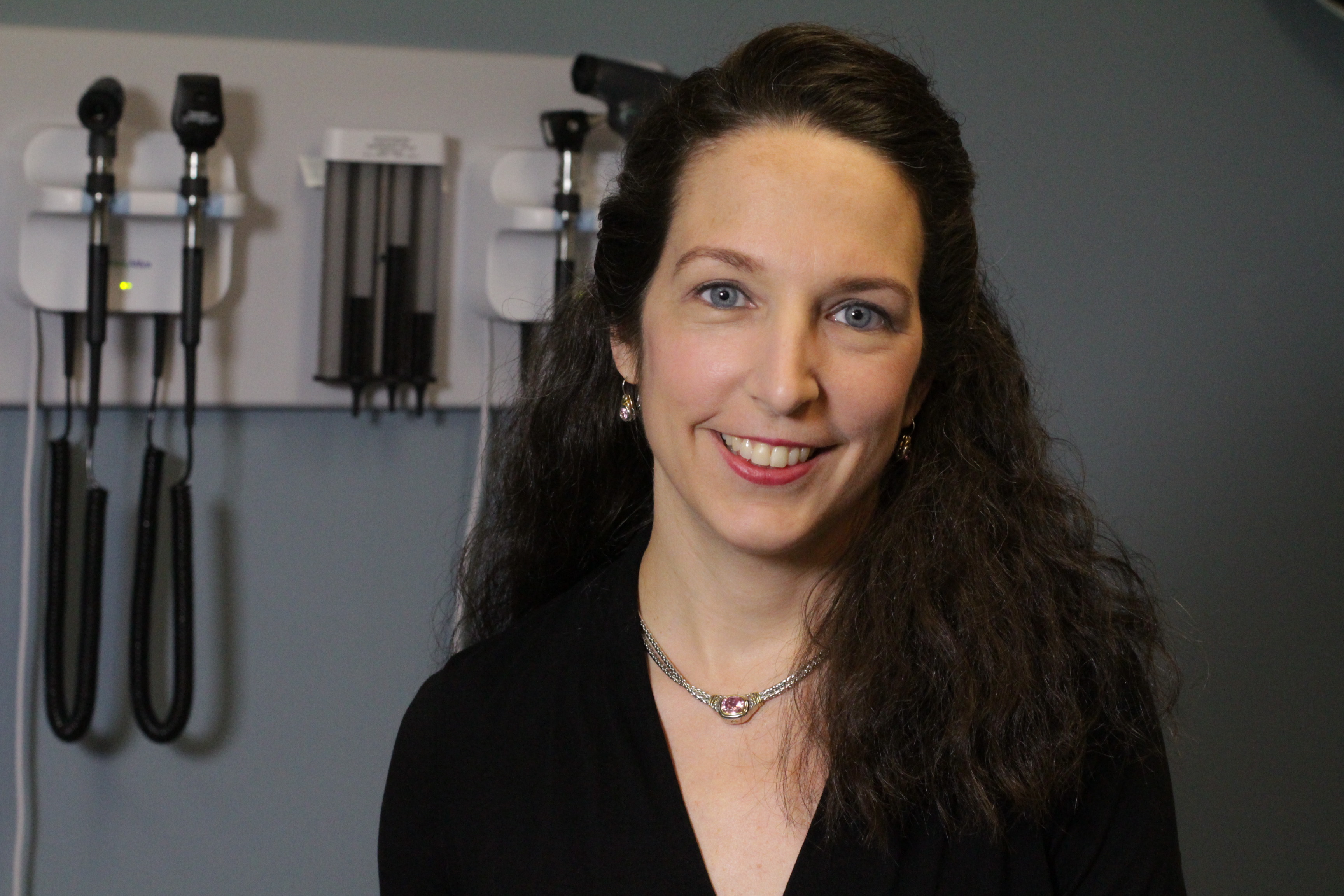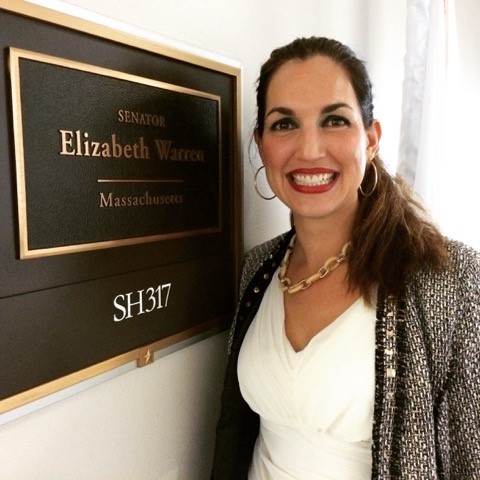
Care for Your Mind acknowledges and appreciates the collaboration of the National Network of Depression Centers in developing this series.
Why Doctors Can’t Treat Their Patients: Barriers to Mental Health Care for Obstetricians, Pediatricians, and Psychiatrists
Tiffany A. Moore Simas, MD, MPH, MEd, FACOG, John Straus, MD, FAAP
 Doctors have a responsibility to care for their patients, but what happens when they don’t have the resources to do so properly? Historically, this has been the situation that obstetric, pediatric, and psychiatric providers have faced when it came to the mental health of pregnant and postpartum women.
Doctors have a responsibility to care for their patients, but what happens when they don’t have the resources to do so properly? Historically, this has been the situation that obstetric, pediatric, and psychiatric providers have faced when it came to the mental health of pregnant and postpartum women.
Because most of these physicians haven’t had adequate training, tools, time, and/or support, women with postpartum depression (PPD) have frequently gone undetected or without adequate treatment. Until recently, perinatal depression screening was not clearly recommended as part of routine pregnancy and postpartum care. Even providers who recognized the importance of screening were hesitant to screen, primarily because they had limited support and resources to offer if a patient screened positive.










Connect With Us